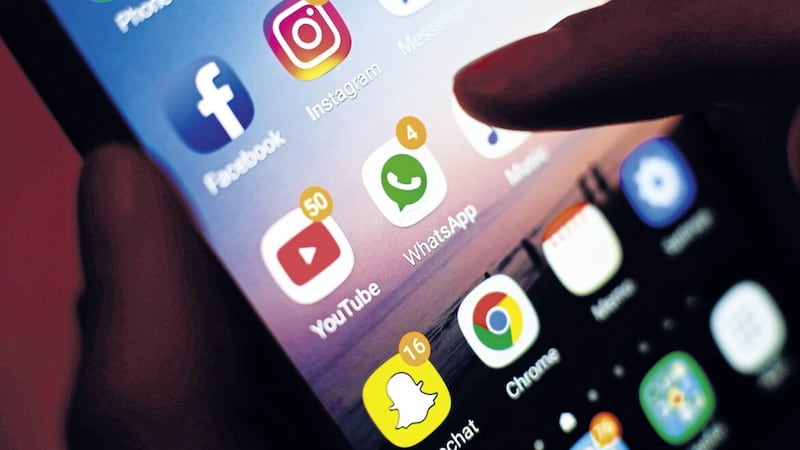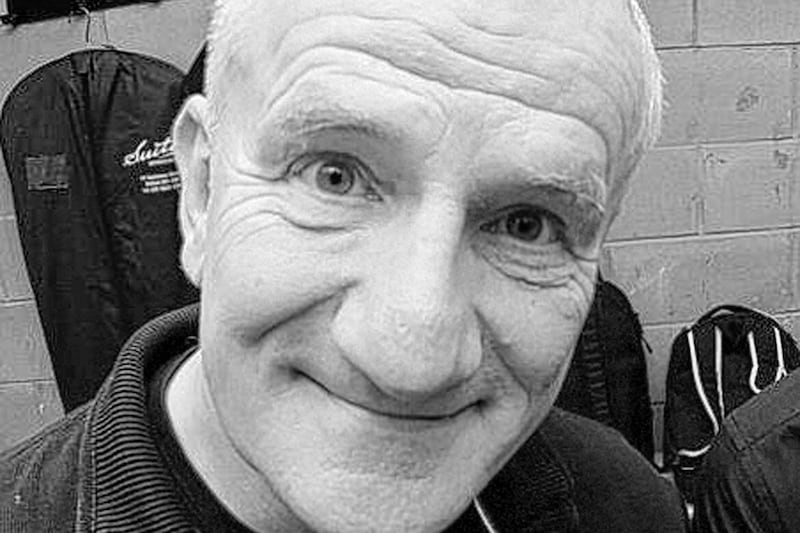ONCE upon a time, not that long ago, in a city called Belfast, a baby boy was born.
Suffering from severe asthma, he spent weeks in hospital where the most up-to-date medications and treatments aided his recovery.
His parents weren't rich but this wasn't a problem as a nurse regularly called to ensure he remained healthy. On the few occasions the boy fell ill, his local GP visited him at home, prescribing free medication when needed.
The boy's mother received a payment from the government called 'family allowance' to help cover the added expense of her growing family.
When the boy went to primary school, his meals were free and bottles of milk were given daily to all the children so they would grow strong teeth and bones.
Sadly, this was stopped by a politician called Margaret Thatcher, who took the milk off the children so her rich friends could get even richer.
Unfortunately, the boy's teeth were damaged due to improperly administered asthma medication. This resulted in months of treatment from his local dentist; this was both free and easily accessible.
As the boy grew, the Troubles started, and while he saw many sad things, he still felt safe in his close-knit working-class community. His neighbours behaved more like an extended family, with their doors remaining open day and night.
The only electronic entertainment at that time was the family's black and white television, which the boy wasn't allowed to watch during the day.
Instead, he spent his free-time playing outside with friends, kicking a football, riding his bike or engaged in the other popular local pastime, rioting with the army.
Having missed much of his early schooling due to the Troubles, the boy's secondary school teachers spent extra time tutoring him on subjects he found difficult.
They were such good teachers that the boy went from being classed 'remedial' to passing exams to enter university.
Now a young man, he seriously injured his back which resulted in two spinal operations and many months spent in hospital recuperating. Yet again, he received the best of care in wards overseen by experienced matrons, and adequately staffed by nurses who were properly paid and appreciated for their work.
Upon finally entering university, the young man's courses were free and he was given a generous grant from the government to help with his living expenses as he studied.
While he didn't find work immediately, another safety net called 'social security' ensured he'd enough money to live on.
Thankfully, he only needed this help for a few months, spending the rest of his life working in various jobs with ever-increasing amounts of remuneration.
Being grateful for the help he'd received when younger, he viewed paying his taxes as being part of a social contract where wealth was redistributed in an equitable fashion, avoiding too great a disparity between the rich and poor.
Over his lifetime he'd seen this contract broken by the rich.
No doubt you've guessed the baby, boy and man is me. It's hard to believe that, in my lifetime, we've moved from a society where the individual was cared for to a society where the individual is reliant on a £600 government handout just to cover basics such as heating and eating.
Our children will never know the security of an adequately staffed and funded NHS service. Their reality is creeping privatisation: it's already accepted that dentistry is a case of payment first, extraction or filling later.
While no Luddite, I'd argue that friendships created via online gaming are a pale relation to those formed in face-to-face play, be that on a football field or gym. And while my adolescent idiocy is thankfully long forgotten by family and friends, today's young have their mistakes filmed on mobile phones, uploaded, and filed away to be retrieved and possibly used against them by employers in the future.
I worry about the world my two teenage children must navigate, where they'll feel pressurised to augment their appearance with online filters just to fit in with their peers.
While my generation knew when we'd wandered into dangerous territory due to clear boundaries painted on walls and kerb stones, today's killers operate across that divide to peddle poison in the shape of powder and pills.
And having survived a lack of services, antisocial media, online isolation and an explosion in drug abuse, our children's reward will be to begin their adult life with a £25k university debt and the little issue of global warming.









